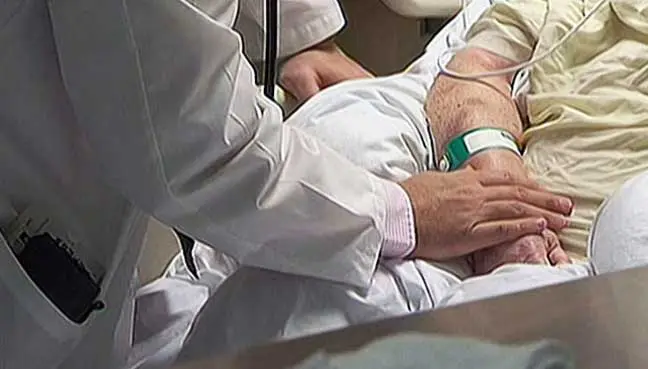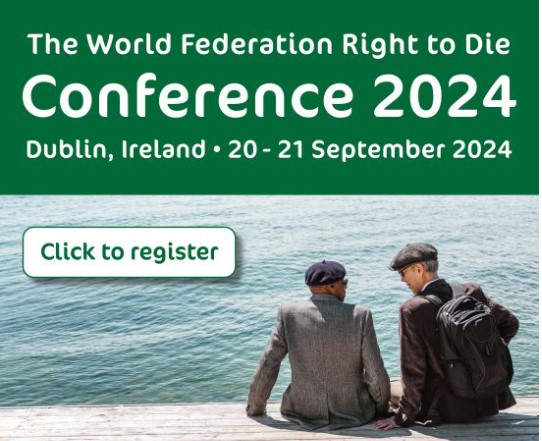
The number of euthanasia cases continues to rise in Canada, according to the latest official report on the topic, raising further alarm, particularly among disability rights groups. Even some early supporters of ‘Medical Assistance in Dying’ (MAID) are now voicing concerns.
Last year, 15,343 Canadians died by euthanasia or assisted suicide, according to the ‘Fifth Annual Report on Medical Assistance in Dying’. This marks a 15.8pc increase over 2022 and represents 4.7pc of all deaths in 2023. Since its legalisation in 2016, there have been 60,301 cases of assisted suicide and euthanasia cases in Canada that we know of.
Adding to these frightening figures, 2,906 individuals died last year before their euthanasia requests could be fulfilled. Meanwhile, 496 individuals withdrew their requests.
Canada allows both assisted suicide, where the patient self-administers lethal drugs (except in Quebec), and euthanasia, which is administered by a doctor or nurse. Self-administration is extremely rare, with fewer than five cases reported last year, showing that people are scared to take a poison themselves.
Dementia was cited as a medical condition in 241 euthanasia recipients in 2023, and in 106 of these cases, dementia was their sole condition.
Not all those who received euthanasia were terminally ill. In 622 cases, natural death was not deemed “reasonably foreseeable.” This category, called Track 2, allows euthanasia for non-terminal patients. Some could have lived for a decade or longer but chose euthanasia due to isolation or feeling like a burden. Euthanasia can be requested when someone experiences “physical or psychological suffering that is intolerable to them.” This is another example of the slippery slope in action.
Isolation or loneliness was significantly more common among Track 2 patients (47.1pc) compared to Track 1 patients (those within six months of death) at 21.1pc, but we can still see feeling isolated was significant. Crucially, 45.1pc of Track 1 and 49.2pc of Track 2 patients cited feeling like a “burden on family, friends or caregivers” as a key reason for their suffering.
Among Track 2 recipients, where death was not foreseeable, women constituted 58.5pc of cases. These patients were typically younger and had lived with their conditions for much longer. Perhaps this is also a function of the fact that women typically live longer than men and are more likely to be widowed and therefore living alone.
The percentage of disabled individuals among non-terminal euthanasia recipients was significantly higher: 58.3pc compared to 33.5pc among those within six months of death. They are heavily over-represented in Canada’s euthanasia statistics.
“When other people express loneliness or a loss of dignity or a desire to die, we usually respond with support or prevention. But with people with disabilities, we respond with an offer for MAID,” said Isabel Grant, a law professor at the University of British Columbia.
This same group of non-terminal patients had, on average, lived with a disability for a fifth of their lifespan.
According to the report, 594 individuals received euthanasia under a waiver of final consent arrangement due to a loss of capacity. This means they were euthanised based on a prior request, even though they could no longer give consent.
Euthanasia was legalised in Canada in 2016 following a case brought by the British Columbia Civil Liberties Association (BCCLA). However, the regime has become so permissive that even the BCCLA has raised concerns, particularly about euthanasia for prisoners and disabled individuals. The organisation has highlighted reports of people accessing MAID due to intolerable social circumstances or being offered it in cases that may not meet legal requirements.
“Of particular concern are reports of MAID being used in prisons while incarcerated individuals were shackled to their beds, the programme’s lack of legal oversight, disproportionate representation of impoverished people receiving assisted suicide, and healthcare practitioners offering MAID when patients sought support for living,” the BCCLA stated.







